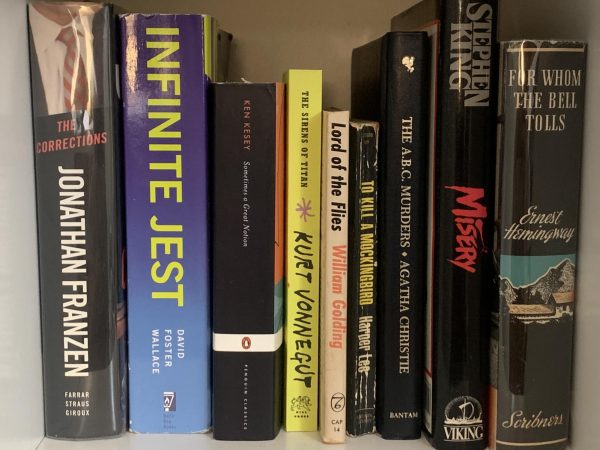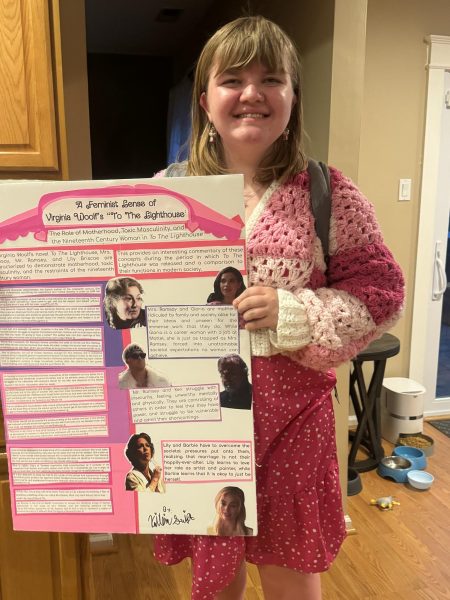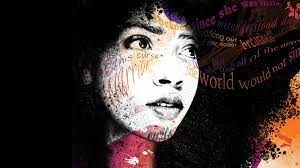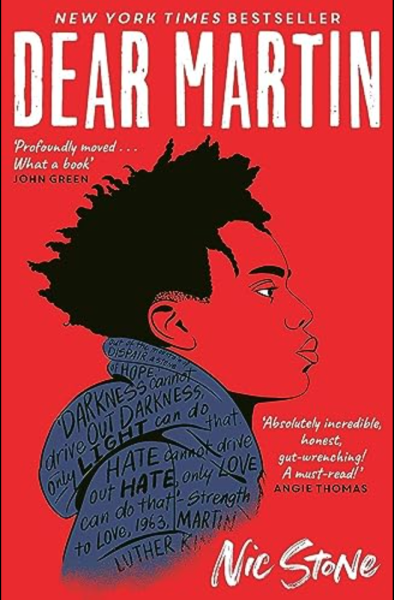Nicole Lewis’s “Pregnant Girl” memoir reveals what it takes to overcome obstacles
Nicole left home and experienced periods of homelessness, hunger, and poverty. Despite these obstacles, she enrolled at the College of William & Mary and brought her 3-month-old daughter along.
Pregnant Girl is an inspirational story of a young Black teen mother who perseveres and graduates from college (with honors!) while navigating the hurdles of motherhood, academics, relationships, family, shelter, and work. It is an empowering guide for many. It shows us that all our journeys matter and the beauty of those journeys is not just the destination but the lessons of the path.
Here is a little bit about the author, Nicole Lynn Lewis, a former teen mother who attended the College of William and Mary with her newborn daughter in tow. She is very committed and driven to her work. Her main goal is to change the statistic that less than 2 percent of teen mothers will earn their degrees before the age of 30.
After Nicole became pregnant during her senior year in high school, she was told that college was no longer a reality—a negative outlook often unfairly presented to teen mothers. Nicole left home and experienced periods of homelessness, hunger, and poverty. Despite these obstacles, she enrolled at the College of William & Mary and brought her 3-month-old daughter along.
When she found out that she was pregnant, abortion was not an option because she wanted to keep it. In the days after the 2 pink lines, she acknowledged that she can never go back. Nicole had to plan a new future, with a new human involved and possibly a new family.
Lewis’s mother was gravely disappointed, and her father was unresponsive after she broke the news that she was pregnant. To avoid her parents’ disapproval, Lewis moved in with Rakheim, who, despite his troubled past, made her feel loved as “a young woman who belonged to someone special.” The combination of economic stress and immaturity turned their relationship toxic, and Nicole had to leave.
Luckily, Nicole came into young motherhood with many advantages, a significant one being that she had a loving, caring mother. When young women discover their pregnancies, and after they have their babies, many find themselves on this same dark and isolated island. The answer to a teen pregnancy was still to send a young girl away, make her disappear, force her to give up her baby, and then return to life as if nothing happened.
She was told by many that college was no longer a reality like she had always dreamed of as a young kid. She enrolled as a full-time freshman at the College of William & Mary and brought along her three-month-old daughter. She had little to no support when attending college, she spent many late nights working on assignments or studying and caring for her child.
Nicole is a powerhouse and she illustrates how the young women and men who find themselves parenting so early in life can be stressful at times. She demonstrates this in the memoir by replacing shame with support and judgment with encouragement that can change the lives of other young parents, their children, and the world around her.
It opened my eyes to the struggles that unmarried pregnant black women endure when trying to overcome the hurdles of systematic poverty in the face of trying to attain an education. Nicole informed her parents and they were not very supportive. At one point in the book, she was homeless after leaving the toxic relationship she was in with Rakheim. She struggled a lot on her own during her pregnancy, because she had no support system.
Throughout the book, it reveals statistics to provide more information about certain topics. it states “In 2017, the birth rates for Hispanic and Black teens were more than 2 times higher than the rate for White teens, and the rate for Native teens was the highest of all races and ethnicities. The lopsided numbers are the results of centuries of limiting opportunity and freedom for Native Americans, Blacks, Hispanics, and others.
In the book, it discloses that the racist policies were woven together to grow a nation by suppressing certain groups of people to keep economic power in the hands of the few, and they continue to make up the very fabric of the systems we operate within today.
The same factors that lead to homelessness and to pregnancy—including poverty, lack of access to contraception, abusive relationships, and problematic relationships with families-of-origin—also lead to challenges in decision-making, and in becoming a parent itself. Nicole had to go on her own path after leaving her toxic relationship with Rakheim.
The reason why I chose this book was that I wanted to know more about teen mothers and the number of hardships they go through, especially at such a young age like the main character herself. After reading the synopsis, it intrigued me into reading the first few pages, which eventually led me to choose the book because of how hooked I was. This memoir was also published fairly recently, on mothers day of 2021.
I felt a rollercoaster of emotions when flipping through the pages in a breeze. I put myself in Nicole’s shoes to feel the sensations she would be experiencing in different situations she was presented with. I appreciated the fact that the author was willing to share a glimpse into her most vulnerable moments in life to help others.
I did not think that this would be the autobiography or memoir I would end up reading. I knew that I had many options to choose from, but I specifically wanted something more recent. It took me a few days to even make the final decision, all with the help of google and my peers. I stumbled upon this very recent autobiography about a story of teen pregnancy.
Nicole saw a problem – the barriers that are in place for teen parents — and continues even now to advocate for their removal on a national and systemic level. She wanted to share the struggles she went through as a young parent to help and remind others who are struggling that they are not alone. Her experiences made it clear to her what she wanted to do with her life: help other teen parents go to college, just like she did.
Once she told the news to family and friends, she was told by many that college was no longer a reality like she had always dreamed of as a young kid. She worked hard day and night to get a Bachelor of Arts Degree. There was very little support for Nicole when she attended college, and each day, she is working to change that for today’s student parents.
Through her experiences fighting for resources to put herself through college, she discovered her true calling and founded her organization, Generation Hope, to provide support for teen parents and their children so they can thrive in college and kindergarten—driving a 2-generation solution to poverty.
Generation Hope rallies around teen parents to help them earn college degrees and forge a path to economic opportunity. Expanding its work nationally by sharing its best practices to help better meet the needs of nearly 4 million parenting students who are working toward their degrees.
Even though I am not a teen parent myself, this book has been eye-opening and shifted my perspective on ways that each and every one of us can look at issues in our communities and make a real, tangible difference.















